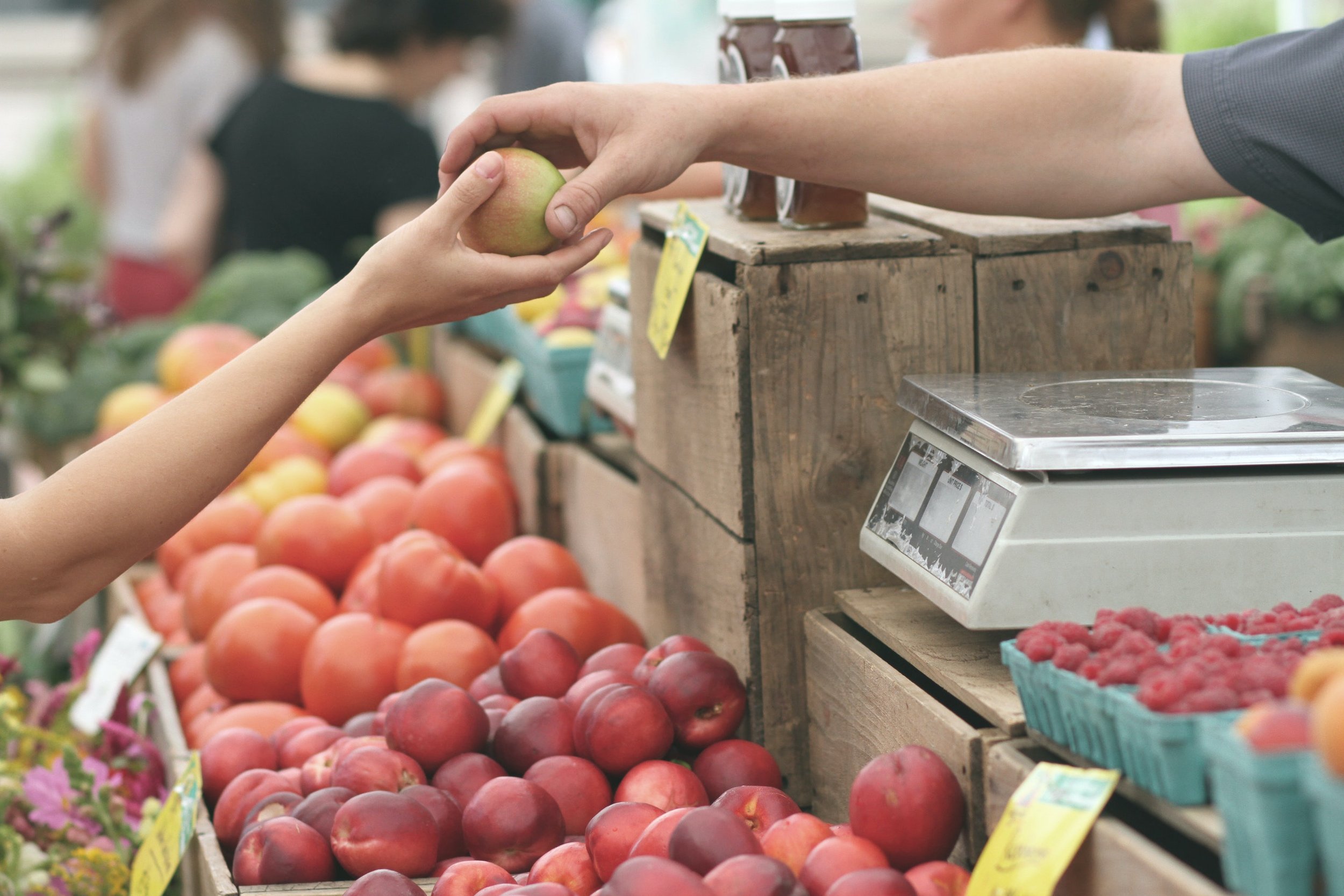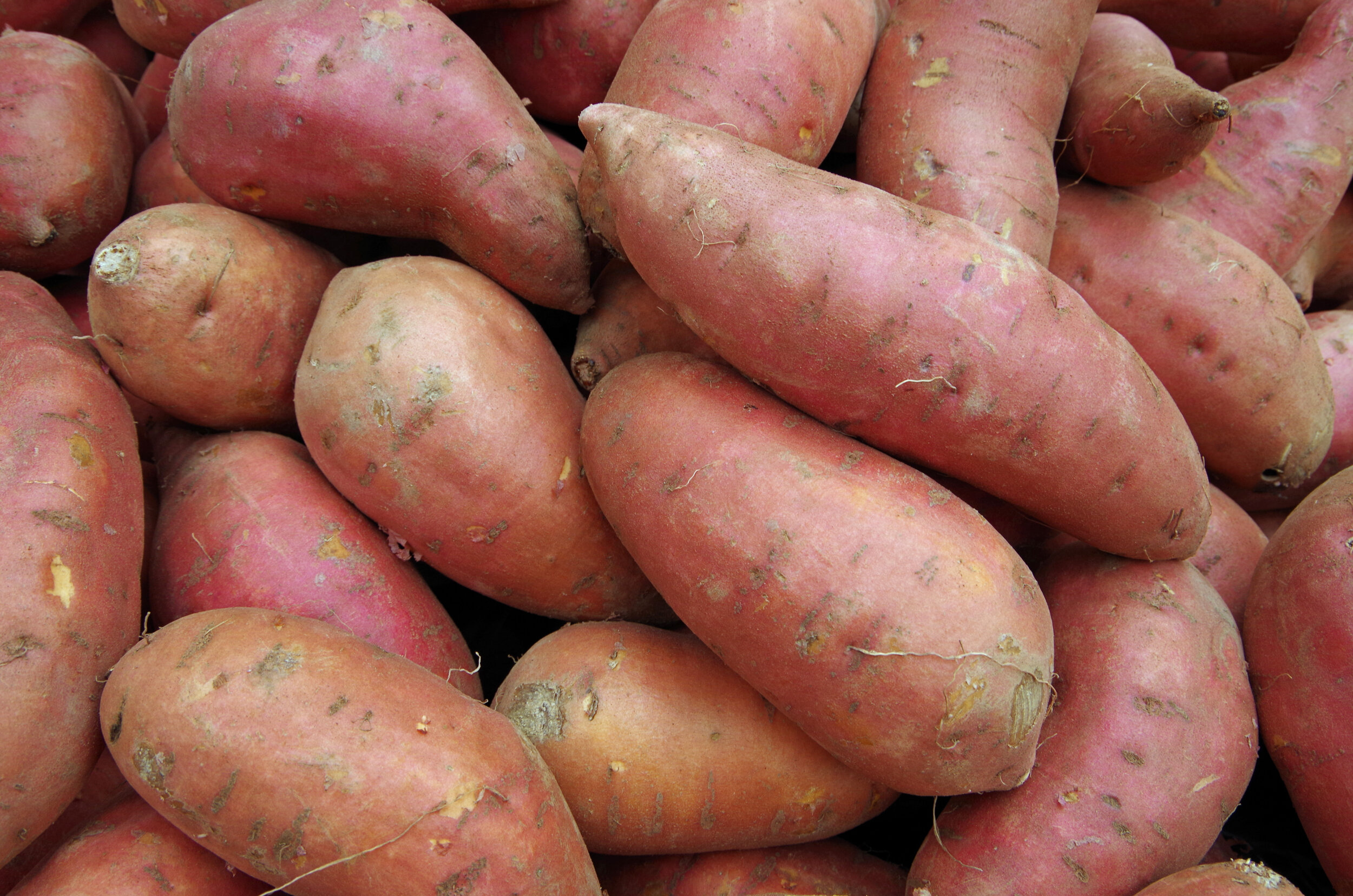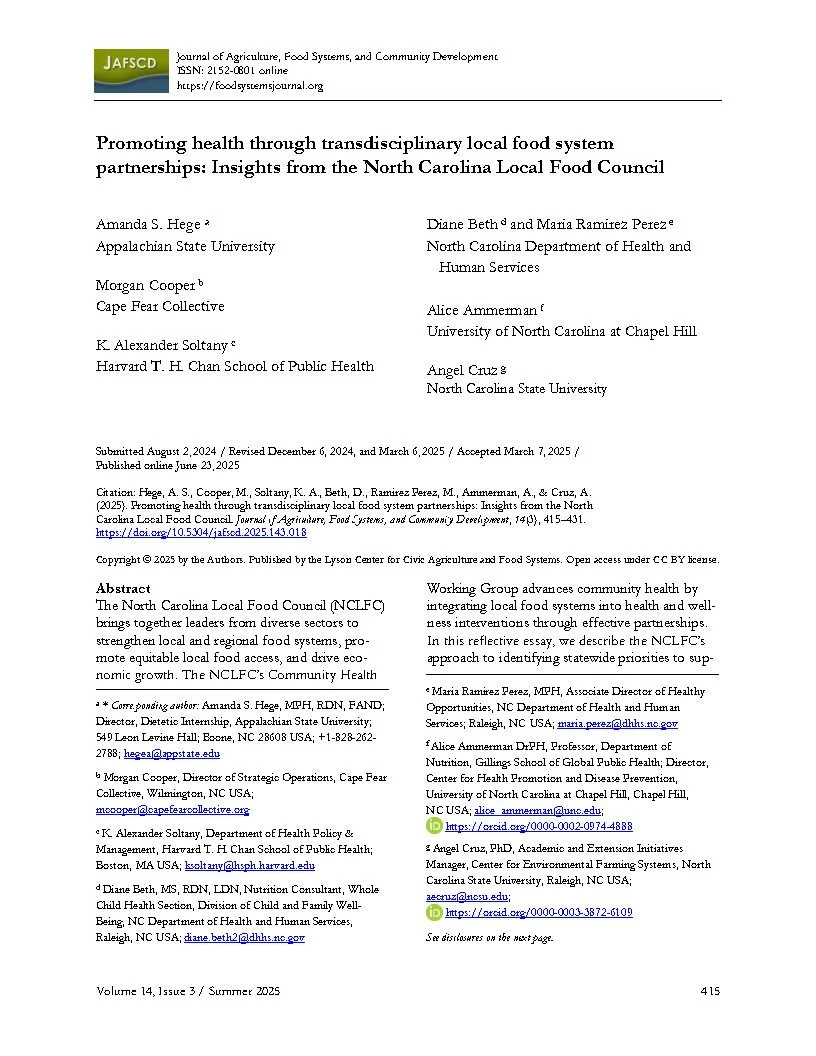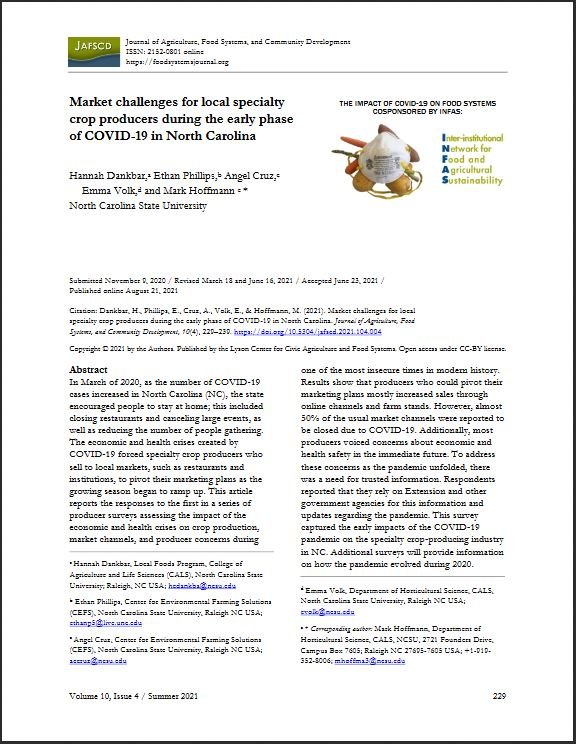-

Welcome to the North Carolina Local Food Council
The North Carolina Local Food Council serves as a collaborative network across various organizations, agencies, and groups whose statewide work supports vibrant farms and fisheries, healthy people, strong communities, thriving local economies, and resilient ecosystems through a common aim: NC’s local food systems.
-

NCLFC Storytelling Project
Across North Carolina, community-based food organizations, farmers, and networks are navigating a time of significant policy and funding change. Federal budget shifts, new executive orders, and evolving state programs are influencing how local food systems operate and sustain themselves. These changes affect everything from DEI-related initiatives and nutrition education to farm stabilization and climate resilience efforts. This storytelling activity is designed to gather on-the-ground perspectives from individuals and organizations working within the local food system.

A Food Council is a coalition of organizations and individuals that advocates for communities, fishermen and farmers who are hungry for more and better local foods, from farm to table and from dock to dish.
⬆ Review this map and list of food councils across North Carolina to find out more about existing food councils.


Impact Report Archive
Publications
Promoting health through transdisciplinary local food system partnerships: Insights from the North Carolina Local Food Council
The North Carolina Local Food Council (NCLFC) brings together leaders from diverse sectors to strengthen local and regional food systems, promote equitable local food access, and drive economic growth. The NCLFC’s Community Health Working Group advances community health by integrating local food systems into health and well-ness interventions through effective partnerships. In this reflective essay, we describe the NCLFC’s approach to identifying statewide priorities to support local and regional food systems while emphasizing community health and well-being, and share insights, strategies, and lessons learned from the Community Health Working Group, focusing on a case study from the NC Medicaid 1115 Waiver Healthy Opportunities Pilots(HOPs). Our two-year collaboration yielded valuable insights, particularly regarding member engagement challenges and the need for standardized guidelines to integrate local food into health initiatives. Efforts to embed local food within health and healthcare systems necessitate fostering cross-sector partnerships, dis-mantling barriers, and defining clear roles, all of which are within the scope of the local food policy councils throughout the state. We hope our experiences and lessons learned will guide other states considering Medicaid 1115 waivers. Future efforts should focus on comprehensive, bottom-up strategies that foster transdisciplinary partnerships and drive structural improvements toward healthier, more sustainable food systems.
Market challenges for local specialty crop producers during the early phase of COVID-19 in North Carolina
In March of 2020, as the number of COVID-19 cases increased in North Carolina (NC), the state encouraged people to stay at home; this included closing restaurants and canceling large events, as well as reducing the number of people gathering. The economic and health crises created by COVID-19 forced specialty crop producers who sell to local markets, such as restaurants and institutions, to pivot their marketing plans as the growing season began to ramp up. This article reports the responses to the first in a series of producer surveys assessing the impact of the economic and health crises on crop production, market channels, and producer concerns during one of the most insecure times in modern history. Results show that producers who could pivot their marketing plans mostly increased sales through online channels and farm stands. However, almost 50% of the usual market channels were reported to be closed due to COVID-19. Additionally, most producers voiced concerns about economic and health safety in the immediate future. To address these concerns as the pandemic unfolded, there was a need for trusted information. Respondents reported that they rely on Extension and other government agencies for this information and updates regarding the pandemic. This survey captured the early impacts of the COVID-19 pandemic on the specialty crop-producing industry in NC. Additional surveys will provide information on how the pandemic evolved during 2020.
Supporting Local-Food Businesses to Conduct E-commerce During COVID-19 through Remote Student Internships
During the peak of the COVID-19 pandemic, the global lockdowns changed the way food was accessed and prepared. These changes at the consumer level impacted farms and fisheries of all types and sizes. To compensate for the loss of larger markets and restaurant revenue, small-scale food producers pivoted to direct marketing to remain viable during the pandemic. However, not all businesses and producers had the time, skills or flexibility needed for a direct marketing business model. To support producers, the North Carolina Local Food Council developed a new internship program: Remote Internship to Support Enterprises (RISE) for Local Foods. The goal of the program was to match paid college interns with local food organizations and businesses seeking to improve their direct marketing or online presence.
Stories

Connect with Other Food Councils
Learn from others across North Carolina and the United States












